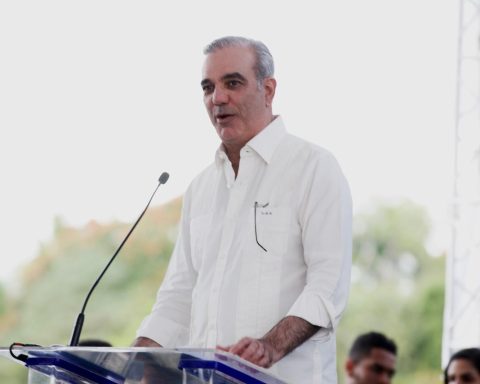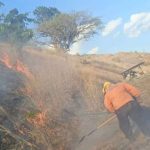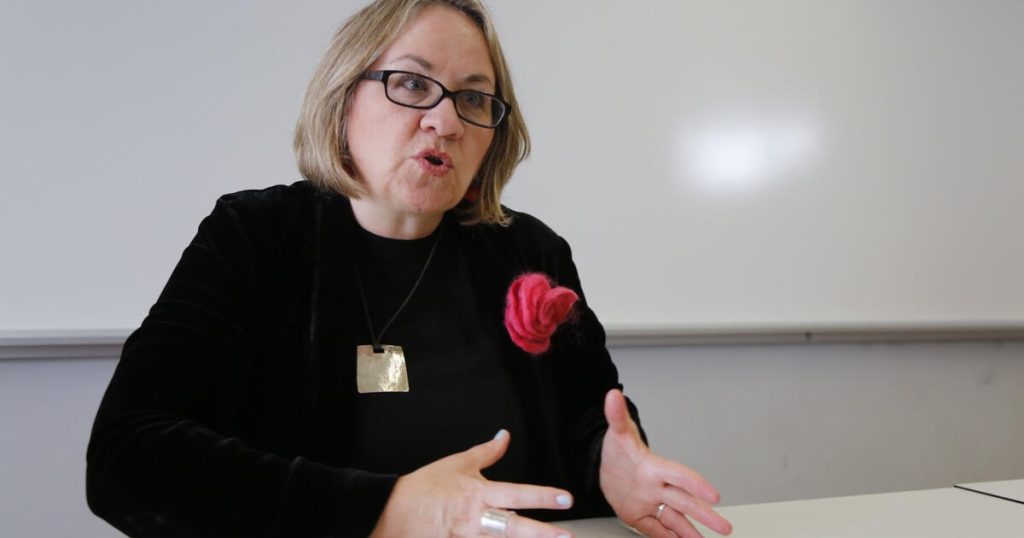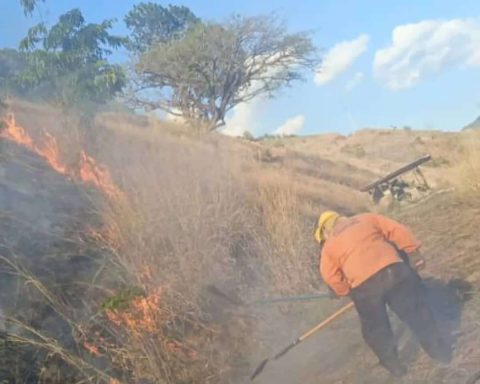When talking to a young man about prostate cancer, it is not uncommon to encounter the misconception that it only affects older men. However, while the average age of diagnosis is around 66, recent statistics paint a different picture. Shockingly, 1 in 38 men between the ages of 40 and 59 will face prostate cancer. Furthermore, recent research has shown a dramatic 600% increase in prostate cancer diagnoses among men under 50 over the past two decades. Contrary to prevailing beliefs, prostate cancer can manifest itself in younger men, often in more aggressive and risky ways.
Here are five facts young men should know about prostate cancer:
- Early-stage prostate cancer has no symptoms.
If a man has symptoms of prostate cancer, it is very likely that the disease is in an advanced stage. Symptoms that could indicate prostate cancer and that all men should be aware of include:
-Urinating frequently or having difficulty urinating.
-Difficulty starting or stopping the flow of urine.
-Blood in semen.
-Pain or discomfort in the pelvic area.
-Bone pain. - Family history increases the likelihood of prostate cancer
Men who have a family history of prostate cancer have a higher risk of developing the disease compared to men without such a history. Estimates show that the risk is about three times higher for those with a family history. Young men with a family history of prostate cancer should begin screening early. The chances of successful treatment are significantly increased with early detection. - Prostate cancer in young men is more aggressive and more life-threatening
Older men are more likely to be diagnosed with prostate cancer, and when it is, it is typically a slow-growing, not-as-aggressive form of prostate cancer. Many men diagnosed with early-stage prostate cancer eventually die from other causes. In its early stages, prostate cancer often has few, if any, symptoms. As a result, if aggressive prostate cancer is diagnosed in men under 50, it is likely to have already progressed to a more advanced stage and therefore be harder to treat. - Diet quality is important
Eating large amounts of red meat may increase a man’s risk of developing prostate cancer. Other foods that appear to increase risk include fried and processed foods that may also speed up cancer progression. Making an effort to include foods like fruits, vegetables, beans, whole grains, and lean meat in your diet can have significant health benefits for men, and reduce prostate cancer and other serious chronic diseases like type 2 diabetes or hypertension. - Physical activity also matters
Regular exercise has numerous benefits for a man’s overall health. In terms of prostate health, staying fit and in good condition can be an effective preventative measure to reduce the risk of prostate cancer. Studies indicate that overweight men have a higher chance of developing prostate cancer. The likelihood of facing health problems increases markedly among men whose body mass index (BMI) exceeds 30, a classification commonly associated with obesity. This information is crucial for health professionals and policy makers to understand the importance of addressing obesity and promoting healthy lifestyles to reduce the incidence of prostate cancer among men.
In conclusion
It is recommended that all young men have an annual physical exam with their doctor. As young men approach age 40, discussions with their health care provider should also include prostate health. This discussion will help them understand the risks and benefits of prostate cancer screening.
Dr. David Samadi is the Director of Men’s Health and Urologic Oncology at St. Francis Hospital on Long Island. He is a leading and highly successful board-certified Urologic Oncologist and Robotic Surgeon in New York City, recognized as one of the leading prostate surgeons in the United States, with extensive experience in the treatment of prostate cancer and robotic-assisted laparoscopic prostatectomy. Dr. Samadi is a medical contributor on NewsMax TV and is also the author of “The Ultimate MANual, Dr. Samadi’s Guide to Men’s Health and Wellness,” available online at both Amazon and Barnes & Noble. Please visit Dr. Samadi’s websites at Robotic Oncology and Prostate Cancer 911.















